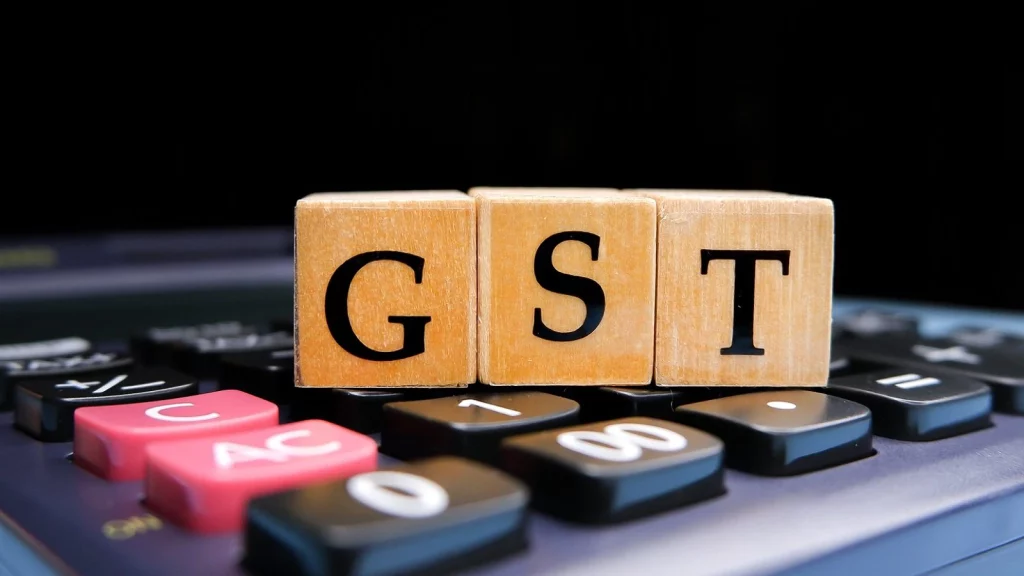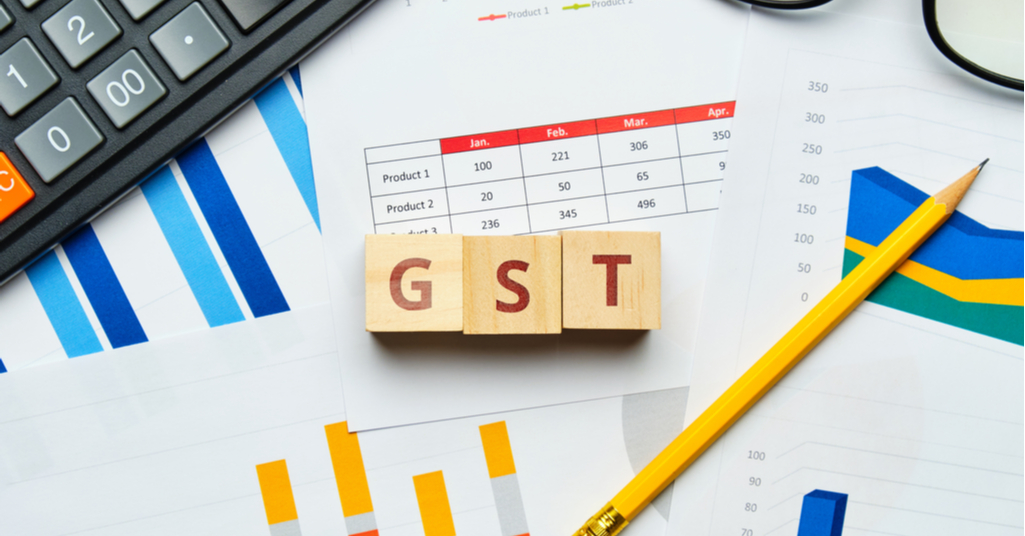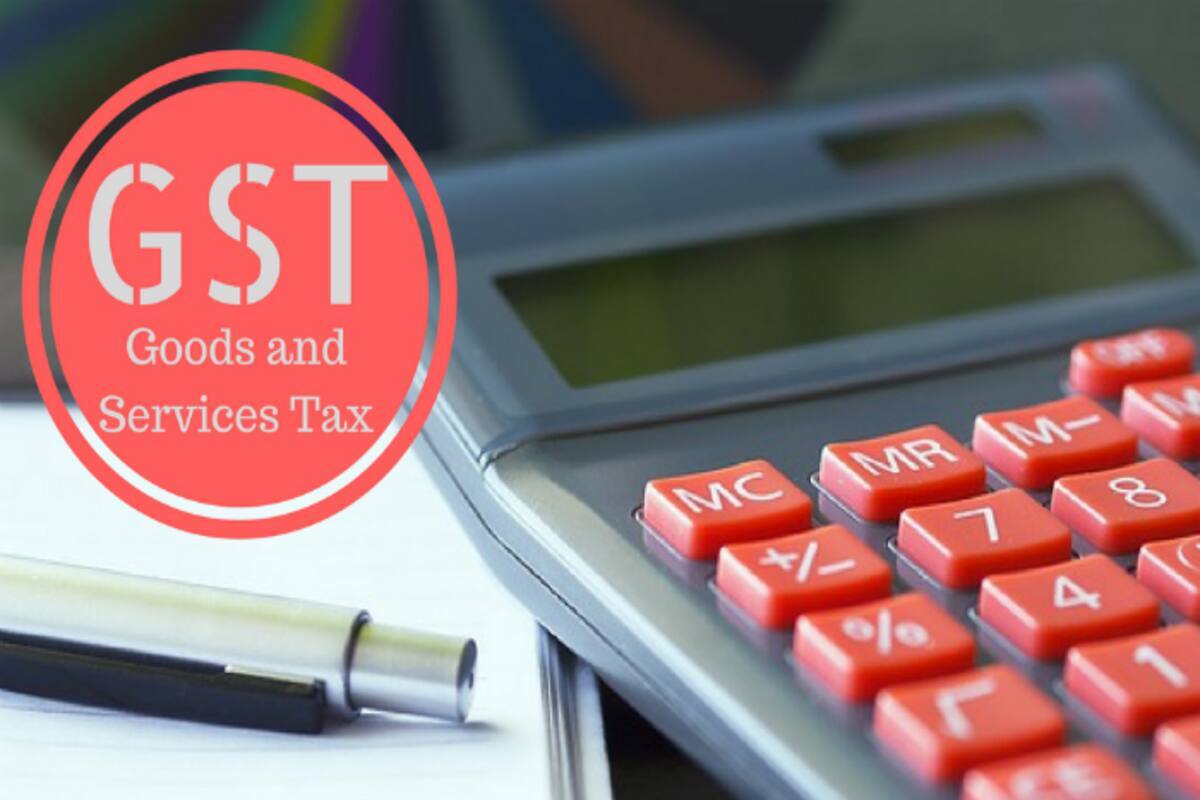The Group of Ministers has decided. Online gambling is a different wheelhouse from horse racing and gambling when it comes to the taxation department. This new ruling makes a huge difference to gambling operators in the country, as well as the patrons who visit them.
The department of the GST, or the Goods and Services Tax, has taken a close eye in recent times to an exploding online gambling market in India. With more and more players joining in, and widely unregulated industry, it’s no surprise that the government and associated departments are paying attention and want to claim a part of the profits.
The Gst and Online Gambling
The GST on gambling has been a point of contention and concern for months, after the GST Council of India increased taxes from 18% to 28% in July 2022 in games of chance and lottery. Games of chance and lottery are still charged at only an 18% tax rate. The issue with the debate up until now has not been about the rising taxation rate, but rather, the figure on which tax is applied.
While still not out of the woods yet, current discussions certainly look promising. This is obviously great news for many operators, specifically online casinos offering real money play, which are increasingly gaining popularity as ease in regulations becomes more tangible.

For the last few months, there has been the question of whether the Group of Ministers would adopt a different figure for the GST application for gaming providers. Presently, the tax is only applied to Gross Gaming Revenue (GGR), however, they were considering applying it to Gross Gaming Value (GGV). GGR is the figure attributed to overall sales, rather than profit.
For instance, if a gaming firm’s incomings are 10,000,000 Rupees, but if their outgoings are 7,000,000, they’ll only have 3M in profit. The tax would be applied to the 10M figure in this case. Gross Gaming Value, on the other hand, is the total amount that gamers transfer to their online wallets, regardless of whether they actually spend that money in online gambling or withdraw it without betting.
For most businesses, calculating the tax on Gross Gaming Value would seem like a stretch of the taxation system – although it’s not without its precipitating factors. Many gaming companies have strict rules on how to withdraw funds, when, and so on.
Where the tax ruling really matters, though, is in determining which games are strictly chance and lottery, and which are based on skill. Sometimes, it can be quite difficult to tell – as has been witnessed by the Director General of Goods and Services Tax Intelligence (DGGI).
Fines so Far Under the System
There have already been cases of gaming companies being hit with fines under the 18%/28% system. Just recently, Gameskarft, a gaming company out of Bengaluru, have been fined Rs 21,000 crore for evading tax based on the basis of the games they have been providing.
While the company faces several accusations, the crux of the issue appears to be that the company has been providing games of chance and lottery – at a tax rate of 18% – at the designated rate for games of skill – 28%.
This sort of conflict of designation of games will likely continue to be an issue going forward, however, for the time being, it appears that GST rates are stable for gaming providers – despite their resignation that the Council would approve the higher rate.
This is, of course, on top of the 30% income tax that is levied on players themselves for their winnings.
An Increasingly Strict Market

While it’s been a case of a bit of the ‘Wild West’ in India for some time, it’s clear that the government is sending a message to online gambling providers: watch out for what’s ahead. As regulations tighten around the world and markets open up, it’s up to the government to pay close attention to other gambling markets to see how things are handled.
Of course, there is the flip side, where they could prove to make innovative moves. Considering the rate of change in technology and technology adoption within the country, it may make sense to try more progressive strategies to see how the people and companies handle it.
The future is rocky and is sure to be full of twists and turns as the government adapts to an Agile gaming model that is designed to stay ahead of the taxation rules.
It’s unclear yet what path it will all take and many companies without large bank balances behind them are no doubt feeling the pressure – and would have to fold if the rules were changed. But for now – these companies can breathe a quick sigh of relief and let the players play.
